The global logistics landscape is shifting. Are you ready? AI/ML is no longer just a trend, it’s revolutionizing supply chains. From optimizing routes to predicting demand, we’re helping logistics companies gain a competitive edge.
Get free consultation and let us know your project idea to turn it into an amazing digital product.

Our AI/ML Services offer powerful solutions to transform your business, enhance decision-making, and boost productivity. Explore our offerings to see how AI and ML can revolutionize your operations.
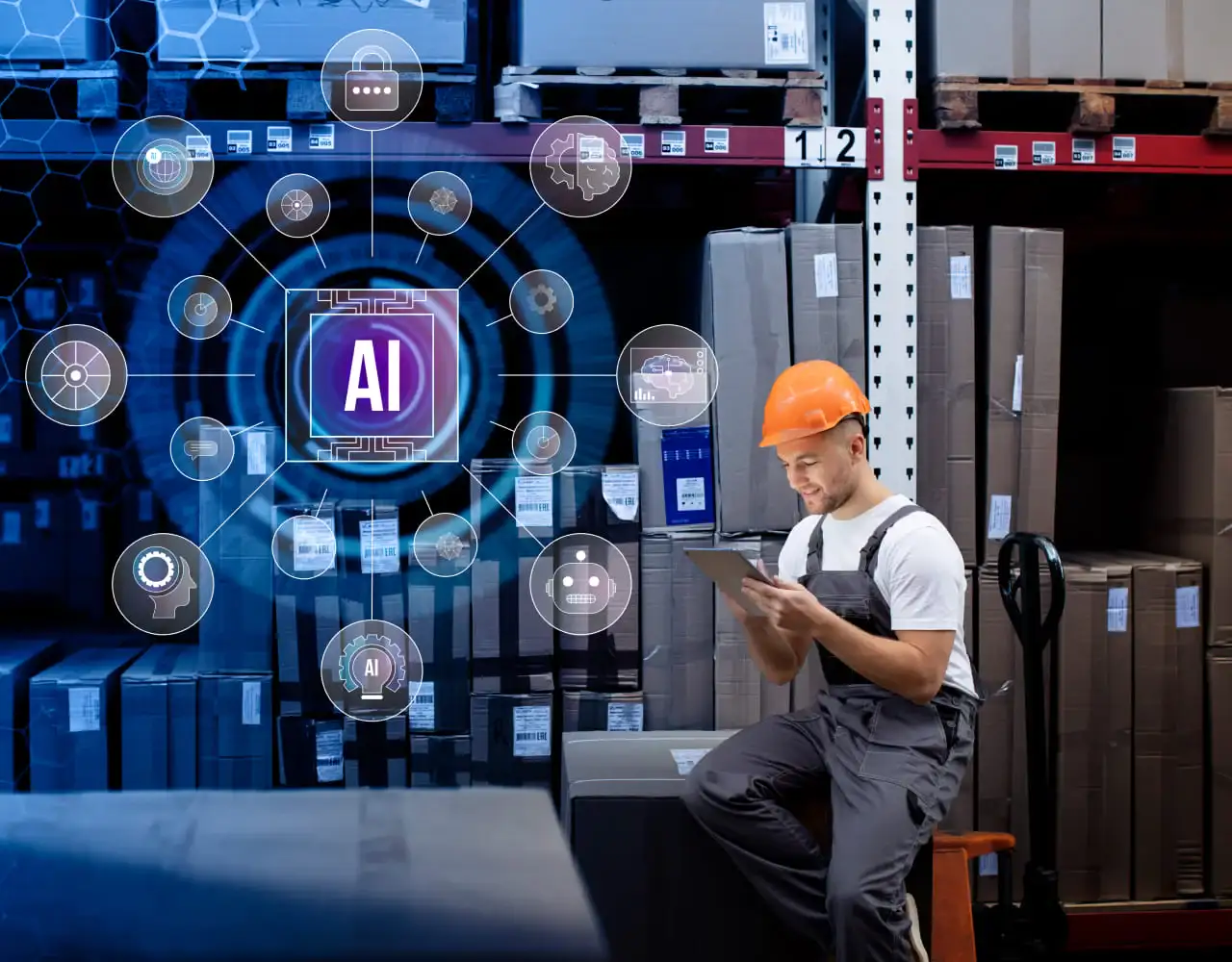
Leverage our AI models to accurately predict future demand, empowering your logistics team to optimize inventory levels and ensure timely stock replenishment.
Harness machine learning algorithms to analyze real-time data, including traffic patterns and delivery schedules. Route optimization reduces delivery times and fuel consumption, improving operational efficiency.
Transform your warehouse operations with our AI-driven systems, automating sorting, packaging, and inventory management tasks. Increase productivity and reduce errors with our innovative solutions.
Enhance customer satisfaction with real-time tracking solutions. Provide transparent, up-to-date information on the location and status of shipments.
Implement our AI tools to optimize supply chain operations, from supplier selection to procurement planning and risk management. Ensure a seamless and efficient supply chain for your business.
Integrate AI-powered chatbots into your customer service operations. Our chatbots handle inquiries, provide shipment updates, and resolve issues, ensuring timely and personalized customer support.
Ensure enhanced security and compliance in logistics operations with our AI systems. Stay ahead of regulations and standards to build trust and credibility in the industry.
Leverage our AI capabilities to analyze logistics data, providing valuable insights for strategic decision-making and operational improvements. Stay ahead of the competition with data-driven strategies.

In the intricate dance of global supply chains, incorporating Artificial Intelligence (AI) and Machine Learning (ML) is reshaping the logistics and transportation industry. Let’s delve into this transformative realm, exploring the nuances and benefits that come with the seamless integration of AI.
As leaders in Logistics & Transportation Software Development Services, we recognize the transformative power of AI. Our AI Development Services are tailored to seamlessly integrate with your logistics operations, ensuring a future-ready approach
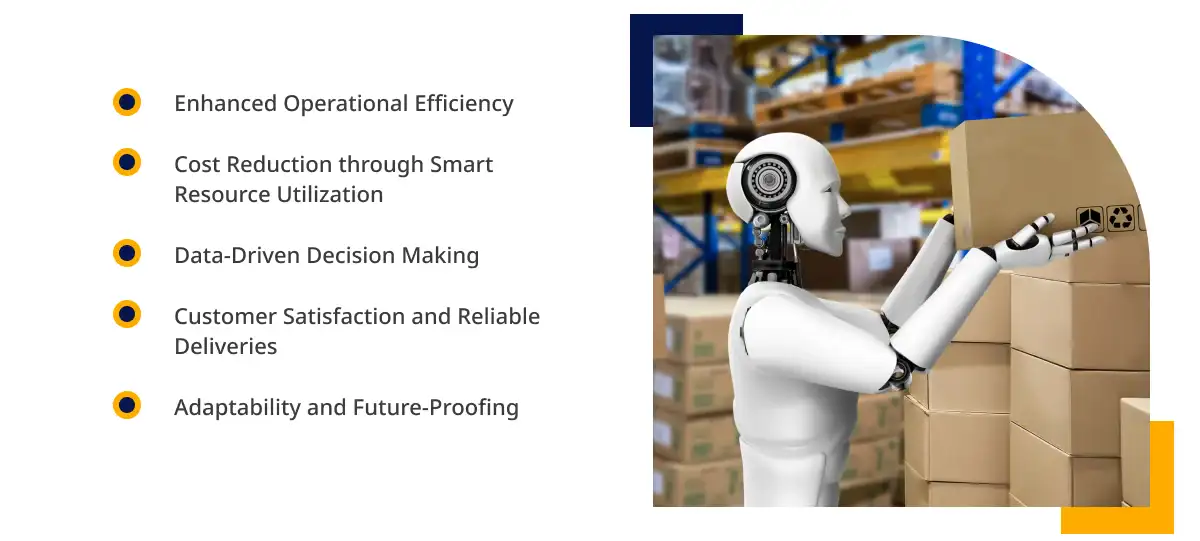 In the dynamic realm of logistics and transportation, the incorporation of Artificial Intelligence (AI) and Machine Learning (ML) brings about a paradigm shift, delivering a host of benefits that reshape the way we move goods and manage supply chains.
In the dynamic realm of logistics and transportation, the incorporation of Artificial Intelligence (AI) and Machine Learning (ML) brings about a paradigm shift, delivering a host of benefits that reshape the way we move goods and manage supply chains.
Incorporating AI in logistics and transportation isn’t just a technological upgrade; it’s a strategic move toward resilience and innovation.
Leaders in the field recognize the transformative potential of AI, leveraging it not only for efficiency and cost-effectiveness but also for building a logistics landscape that adapts and thrives in the face of evolving challenges.
Embrace the future with AI/ML, where logistics isn’t just about moving goods but orchestrating a symphony of intelligent, data-driven decisions.
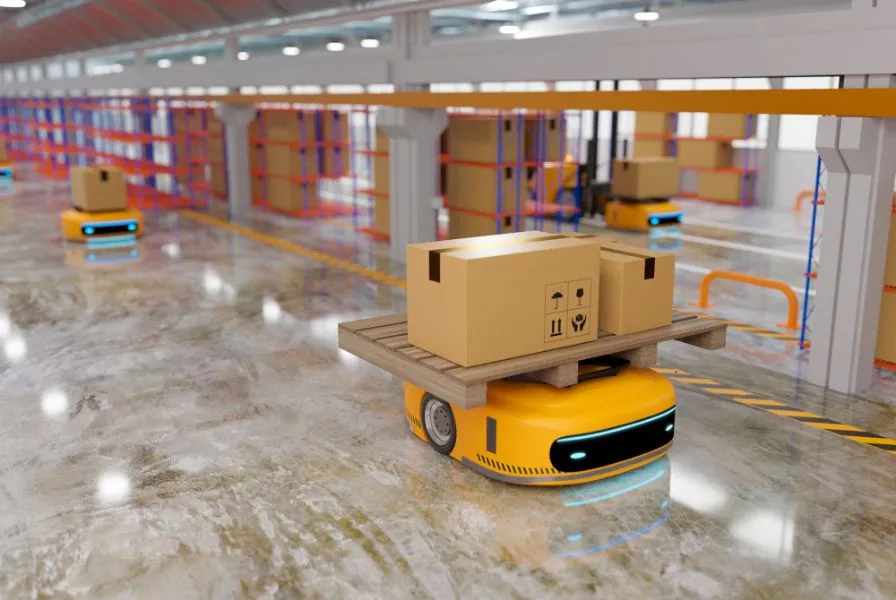
The integration of Artificial Intelligence (AI) and Machine Learning (ML) in logistics is revolutionizing the industry, offering unprecedented opportunities for efficiency and innovation.
Identifying Challenges:
Infrastructure and Training:
Data Management:
Monitoring and Improvement:
Strategic Implementation:
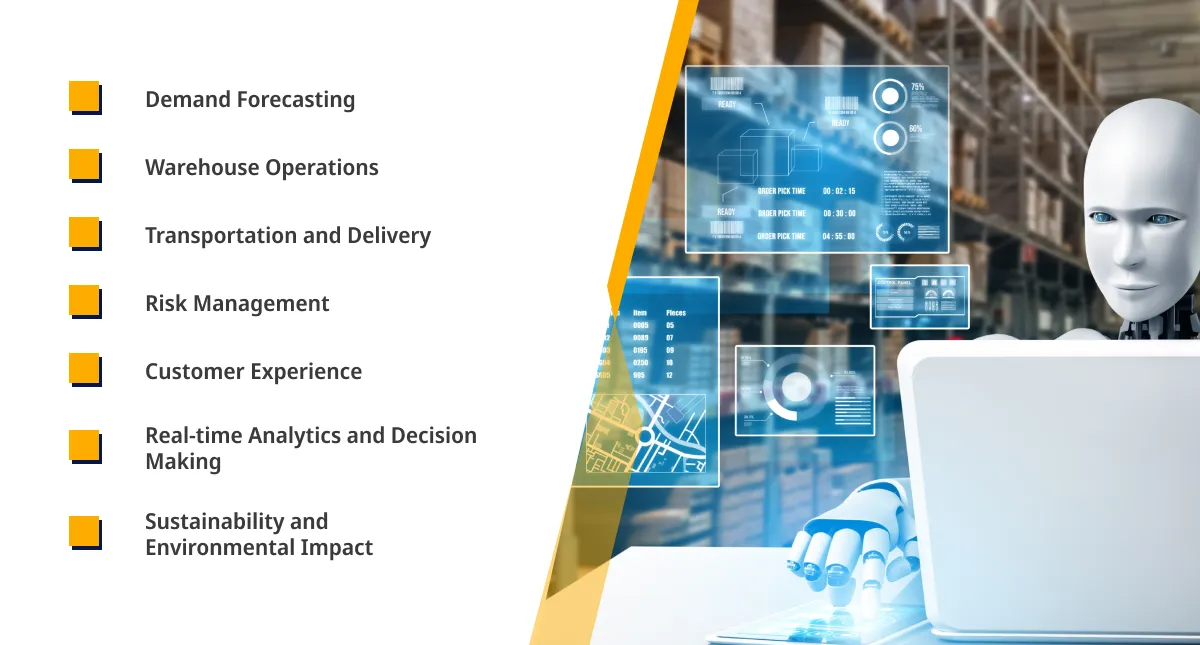

Machine Learning (ML) is revolutionizing inventory management in the logistics industry, bringing a new level of intelligence and efficiency to this critical area.
By leveraging ML algorithms, businesses can significantly improve accuracy, reduce costs, and enhance overall inventory control.
Accurate Demand Forecasting:
Automated Reordering Processes:
Enhanced Inventory Visibility:
Waste Reduction and Cost Savings:
Personalized Inventory Management:
Improved Supplier Relationships:
By integrating Machine Learning into inventory management, logistics companies can achieve a higher degree of precision and efficiency. This technology not only streamlines inventory processes but also supports more strategic decision-making, leading to significant improvements in operational effectiveness and customer satisfaction.
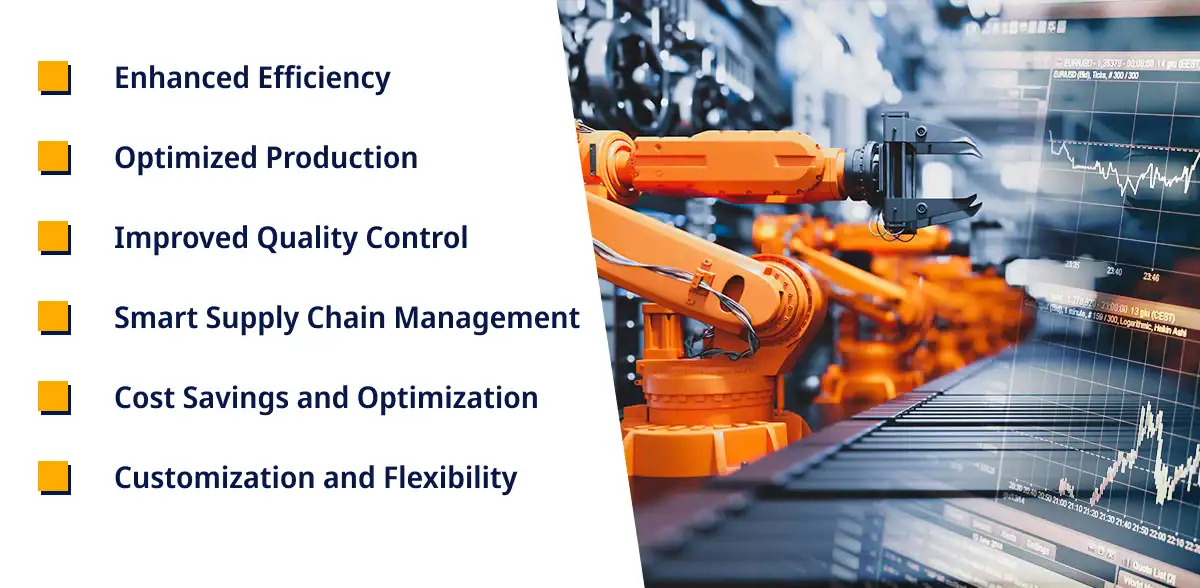
Ans. We integrate AI seamlessly to enhance logistics and transportation operations. Our AI development services optimize supply chains and route planning for efficient transportation logistics.
Ans. We specialize in AI development services that enable predictive maintenance for transportation fleets. Our transportation software development integrates AI for logistics with real-time route optimization and cost reduction.
Ans. Our AI Development Services are backed by deep industry expertise. We specialize in AI logistics software development. Also, we offer customized AI logistics solutions addressing your specific challenges.
Ans. Data security is a top priority. We use encryption and access controls to protect sensitive information. Our compliance with industry standards and regulations ensures data privacy. We implement AI logistics solutions with robust security measures to safeguard logistics and transportation data.
Ans. Getting started with ValueCoders for AI/ML services in logistics is simple:
Get started today, and empower your logistics operations with AI/ML solutions from ValueCoders!
We are grateful for our clients’ trust in us, and we take great pride in delivering quality solutions that exceed their expectations. Here is what some of them have to say about us:
Trusted by Startups and Fortune 500 companies
We can handle projects of all complexities.
Startups to Fortune 500, we have worked with all.
Top 1% industry talent to ensure your digital success.



Let's discuss how we can bring your vision to life.